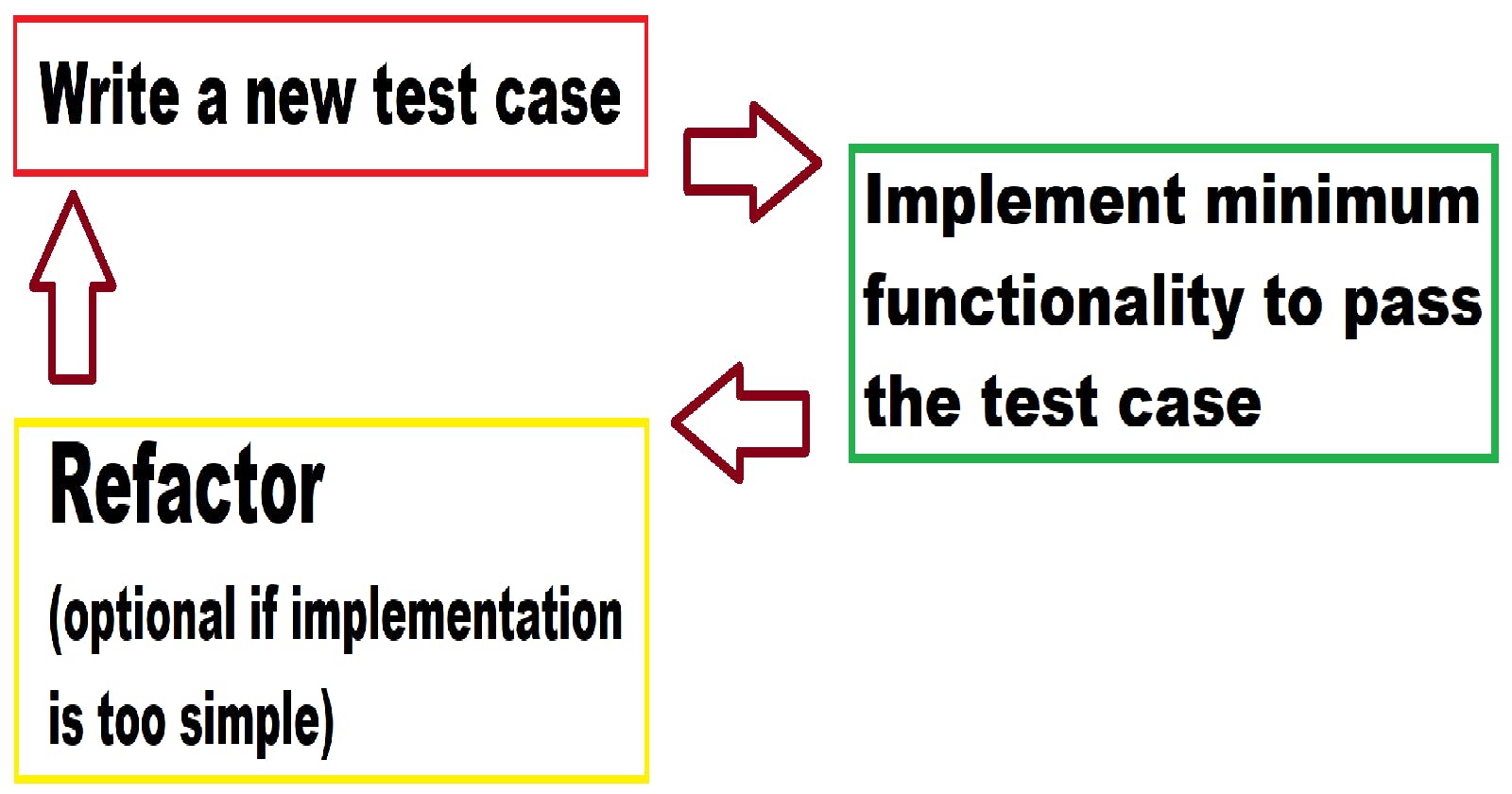This post is an extension of "TDD - You can write code without actual hardware (Part I)". Previously, eeprom_controller.c includes only the read-byte function. Let's start to add a write-byte test in test_eeprom_controller.c. After writing one byte in a given address of EEPROM, read back the same address to verify.
void test_eeprom_controller_write_byte(void)
{
uint32_t test_address = 0x0;
const uint8_t test_value = 0xAA;
uint8_t read_data;
bool op1 = eeprom_write_byte(test_address, &test_value);
bool op2 = eeprom_read_byte(test_address, &read_data);
TEST_ASSERT_EQUAL(true, op1);
TEST_ASSERT_EQUAL(true, op2);
TEST_ASSERT_EQUAL(test_value, read_data);
}
The test will fail because eeprom_write_byte is currently not implemented. Let's add the function prototype in eeprom_controller.h and then implement minimum code to pass the test in eeprom_controller.c.
bool eeprom_write_byte(uint32_t address, const uint8_t* w_data)
{
bool op_status = true;
flash_write(address, w_data, 1);
return op_status;
}
Similarly from eeprom_read_byte, a parameter check was added to the function. Let's add parameter check test cases in test_eeprom_controller_write_byte.
void test_eeprom_controller_write_byte(void)
{
uint32_t test_address = 0x0;
const uint8_t test_value = 0xAA;
uint8_t read_data;
bool op1 = eeprom_write_byte(test_address, &test_value);
bool op2 = eeprom_read_byte(test_address, &read_data);
TEST_ASSERT_EQUAL(true, op1);
TEST_ASSERT_EQUAL(true, op2);
TEST_ASSERT_EQUAL(test_value, read_data);
//parameter check tests
bool op3 = eeprom_write_byte(EEPROM_SIZE, &test_value);
bool op4 = eeprom_write_byte(test_address, 0);
TEST_ASSERT_EQUAL(false, op3);
TEST_ASSERT_EQUAL(false, op4);
}
This test will fail because the current implementation only returns true. Let's modify eeprom_write_byte function in eeprom_controller.c.
bool eeprom_write_byte(uint32_t address, const uint8_t* w_data)
{
bool op_status = false;
if(w_data != 0 && address < EEPROM_SIZE)
{
flash_write(address, w_data, 1);
op_status = true;
}
}
The next article will continuously add a test case for writing multiple bytes and verifying with the read multiple bytes function.
